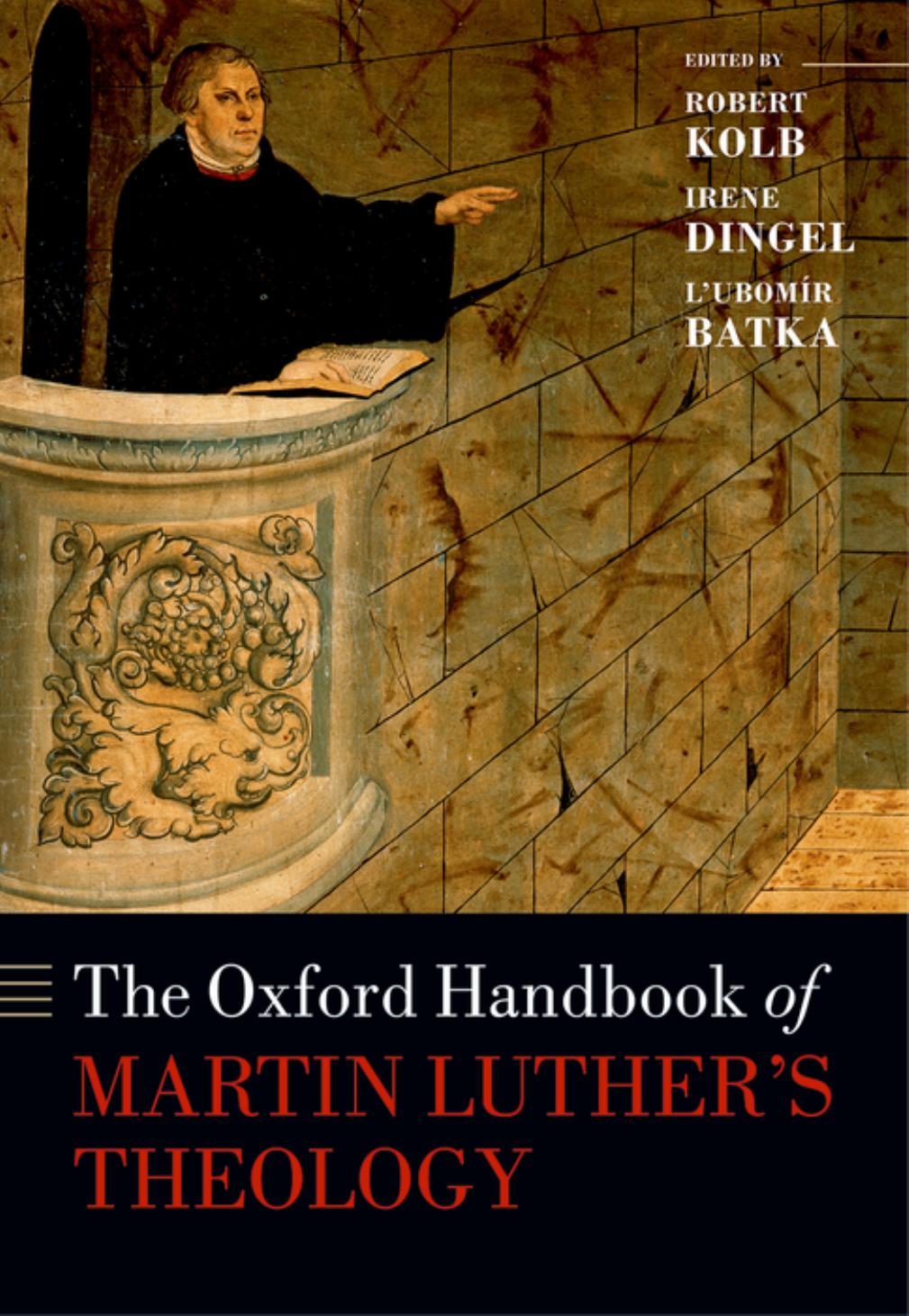

Most ebook files are in PDF format, so you can easily read them using various software such as Foxit Reader or directly on the Google Chrome browser.
Some ebook files are released by publishers in other formats such as .awz, .mobi, .epub, .fb2, etc. You may need to install specific software to read these formats on mobile/PC, such as Calibre.
Please read the tutorial at this link: https://ebookbell.com/faq
We offer FREE conversion to the popular formats you request; however, this may take some time. Therefore, right after payment, please email us, and we will try to provide the service as quickly as possible.
For some exceptional file formats or broken links (if any), please refrain from opening any disputes. Instead, email us first, and we will try to assist within a maximum of 6 hours.
EbookBell Team

5.0
60 reviewsAs celebrations of the five-hundredth anniversary of Martin Luther's initiation of the most dramatic reform movement in the history of Christianity approach, 47 essays by historians and theologians from 15 countries provide insight into the background and context, the content, and the impact of his way of thought. Nineteenth-century Chinese educational reformers, twentieth-century African and Indian social reformers, German philosophers and Christians of many traditions on every continent have found in Luther's writings stimulation and provocation for addressing modern problems.
This volume offers studies of the late medieval intellectual milieus in which his thought was formed, the hermeneutical principles that guided his reading and application of the Bible, the content of his formulations of Christian teaching on specific topics, his social and ethic thought, the ways in which his contemporaries, both supporters and opponents, helped shape his ideas, the role of specific genre in developing his positions on issues of the day, and the influences he has exercised in the past and continues to exercise today in various parts of the world and the Christian church. Authors synthesize the scholarly debates and analysis of Luther's thinking and point to future areas of research and exploration of his thought.